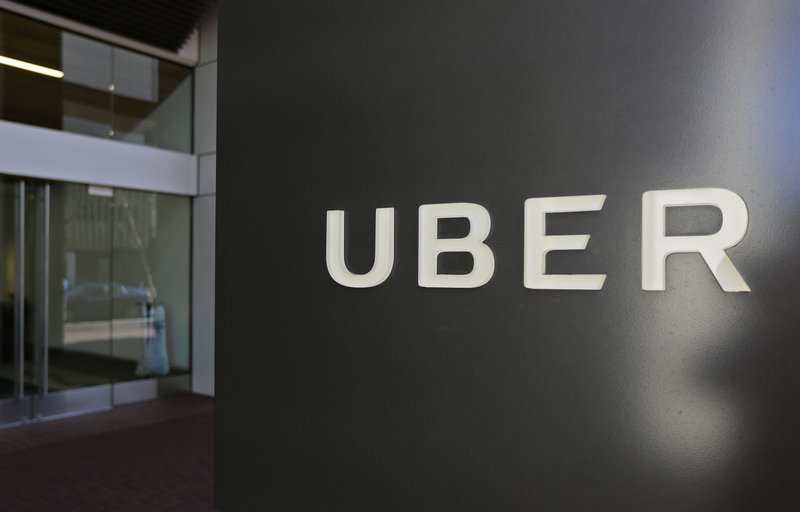SAN FRANCISCO -- A Google-bred pioneer in self-driving cars and Uber's beleaguered ride-hailing service collided Monday in a courtroom showdown revolving around allegations of deceit, betrayal, espionage and a high-tech heist that tore apart onetime allies.
The trial in San Francisco federal court comes nearly a year after Google spinoff Waymo accused Uber of ripping off its self-driving car technology after paying $680 million for a startup run by a former Google engineer.
The leader of Waymo said former Google engineer Anthony Levandowski became "an enemy" after he left to found a startup that he later sold to Uber. Waymo Chief Executive Officer John Krafcik expressed his disdain for Levandowski on Monday during court testimony.
Uber bought Levandowski's startup, Otto, and appointed him the head of its self-driving car division a few months after Levandowski left Google in January 2016.
Krafcik testified that he continued to text with Levandowski after he left Google because "he had gone from someone I had considered a friend to someone I considered an enemy. I needed to understand what he was doing."
Levandowski is expected to testify later in the trial.
In opening statements, lawyers for Waymo depicted Uber as a conniving company that relied on stolen trade secrets to catch up in the race to build self-driving cars. Uber's attorneys are brushing off the allegations as trumped-up claims designed to thwart a rival.
Waymo attorney Charles Verhoeven likened Uber and its former CEO, Travis Kalanick, to Rosie Ruiz, a runner who cheated to win the women's Boston Marathon in 1980.
Uber attorney William Carmody highlighted internal documents showing that Google hoped to use its self-driving cars to draw business away from Uber.
Google was also an early investor in Uber, a relationship that later soured. Google's parent company Alphabet also owns Waymo.
The courtroom drama features an intriguing cast of characters, including Kalanick and Google co-founder Larry Page.
The civil case has already triggered an ongoing criminal investigation by the U.S. Department of Justice.
The trade secrets in question cover lidar technology. Lidar is a sensing system that uses light to create images that help driverless cars figure out where they are and what's going on around them. Most driverless-car specialists consider it an essential technology.
Many market researchers predict the driverless market will be worth hundreds of billions of dollars in revenue by the end of the next decade, when all products and services are included.
"There is a big competition, and Google is in the lead because they developed it in the first place," Verhoeven said.
The jury is composed of nonexperts. During jury selection last week, attorneys from both sides tended to reject anyone with technical knowledge or education.
Information for this article was contributed by The Associated Press and Russ Mitchell of the Los Angeles Times.
Business on 02/06/2018

